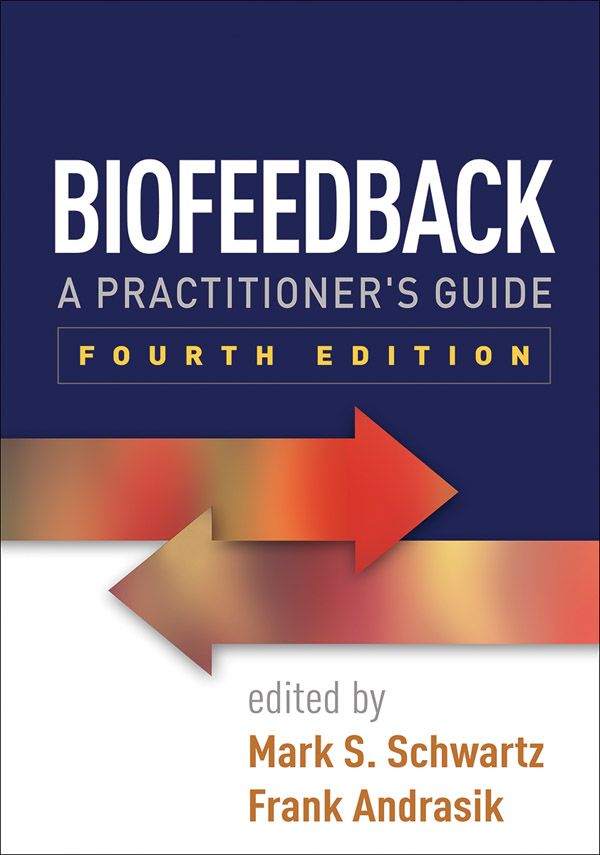Harnessing the Potential of Biometric Feedback to Revolutionize Chronic Discomfort Control and Enhance Standard of Life
Harnessing the Potential of Biometric Feedback to Revolutionize Chronic Discomfort Control and Enhance Standard of Life
Blog Article
Chronic discomfort is a syndrome that affects millions of people around the globe. It can be triggered by various elements, including traumas, illnesses, or even anxiety. For many patients, managing chronic pain can be a daily struggle that affects their quality of life. Conventional treatments often consist of drugs, physical therapy, and occasionally surgery. However, these methods do not always offer the relief that individuals seek. Lately, biofeedback has surfaced as a promising alternative for managing chronic pain and enhancing overall well-being.
Biofeedback is a technique that teaches patients how to manage specific bodily processes by using signals from their own physiology. This method includes using sensors that track physiological functions such as heart rate, muscle tension, and skin temperature. By providing immediate feedback, patients can learn to identify their body's responses to pain and stress. This consciousness allows them to develop strategies to handle their pain more effectively. For example, if a patient notices that their muscle tension rises when they are in pain, they can practice relaxation strategies to help reduce that tension.
One of the primary benefits of biofeedback is that it empowers patients to take an active role in their pain management. Instead of relying solely on medications or treatments from healthcare providers, individuals can learn to understand and regulate their own bodies. This feeling of control can lead to enhanced confidence and a more positive outlook on life. Many patients report feeling more in charge of their pain and less like victims of their condition. This shift in mindset can significantly enhance their quality of life.
Research has shown that biofeedback can be beneficial in alleviating chronic pain see this site indicators. Studies suggest that individuals who employ biofeedback methods often undergo less pain and better physical ability. Additionally, biofeedback can help lessen anxiety and stress, which are frequent issues for those living with chronic pain. By addressing both the physical and emotional aspects of pain, biofeedback offers a holistic approach to pain management. This integrated method can lead to superior outcomes for patients, allowing them to participate more fully in their routine activities.
In summary, biofeedback is a valuable tool for transforming chronic pain management. By teaching individuals to understand and regulate their physiological reactions, biofeedback enables individuals to take control of their pain. This approach not only helps reduce pain but also enhances overall standard of life. As more people seek alternatives to traditional pain management methods, biofeedback emerges as a potential solution. With ongoing investigation and awareness, biofeedback could become an essential part of chronic pain treatment, helping patients lead more fulfilling, more fulfilling lives.